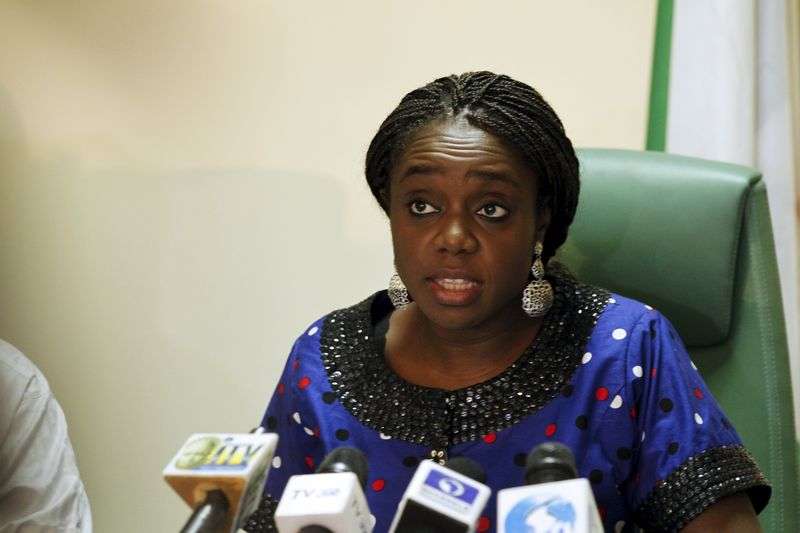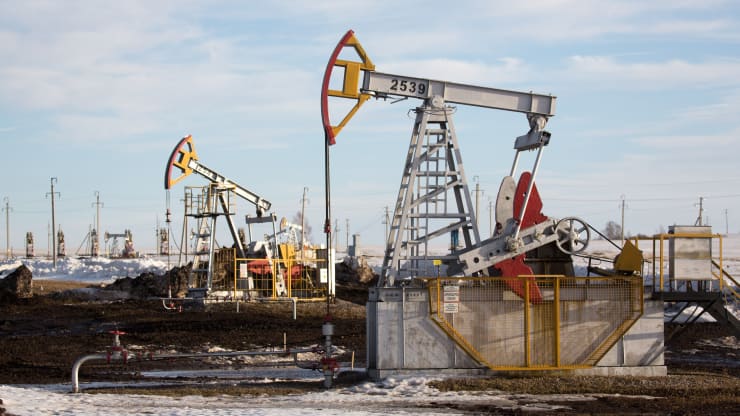- Whistle-blowing: FG Suspends Two Officials, Probes Others for Fraud
The Federal Government on Sunday said it had begun investigation into over 200 whistle-blowing tips on tax officials and taxpayers for under-declaration of taxes as well as demand and receipt of gratification by tax officials.
The Minister of Finance, Mrs. Kemi Adeosun, disclosed this on Sunday in Abuja while presiding over the meeting of the Whistle-blower Unit in the Federal Ministry of Finance and the Presidential Initiative on Continuous Audit.
She also confirmed that the ministry had requested and secured the suspension of two senior tax officials in Delta and Benue states based on verified tips from whistle-blowers.
Adeosun said the government through the ministry had also commenced the process of sanitising the tax administration and revenue collection system of dishonest operatives.
Adeosun, according to a statement issued by her Special Adviser on Media and Communications, Mr. Oluyinka Akintunde, said the sanitisation of the tax administration and revenue collection system was part of the government’s efforts at enhancing the willingness of the citizens to pay their taxes.
The minister stated, “The ministry is currently analysing over 200 additional whistle-blowing tips, including recordings between tax officials and potential taxpayers in which various practices designed to reduce tax payable were detailed.
“These practices include demands for personal gratification by tax officers, promises to procure backdated tax clearance certificates, and offers to conspire to reduce taxes payable.”
In order to deal with the influx of the whistle-blowing tips, the minister, the statement noted, had directed the reorganisation of the Whistle-blower Unit to fast-track reports relating to those in the revenue-generating agencies.
She said, “Encouraging our citizens to pay taxes is a matter of law but it is also a matter of trust. Those who work in our tax offices must, therefore, demonstrate the highest level of integrity. The administration of President Muhammadu Buhari understands that to reduce our reliance on oil means every citizen must pay their taxes as and when due.
“However, people will not be encouraged to pay if they believe that those involved in the assessment are not transparent or are dishonest. We will continue to sanitise the system and also improve our controls.”
Adeosun gave an assurance that the ministry would continue to root out fraudsters who compromised the integrity of the tax administration and revenue collection system.
She lauded members of the public for volunteering valuable information, including voice recordings and other evidences, to the Whistle-blower Unit in the ministry.
Adeosun enjoined members of the public to desist from the procurement of tax certificates that were not consistent with their true incomes.
She warned against reliance on such documents and advised those who might have procured such tax certificates in the past to take advantage of the Voluntary Asset and Income Declaration Scheme to regularise their tax profiles.
She added, “We have cases of procurement of tax clearance certificates with no corresponding records or assessments in the tax offices. In such cases, although payments have been made, but there are no underlying assessment. So automatically, we will flag such companies for investigation.
“The data analysis being undertaken within the Federal Ministry of Finance is readily exposing those who have obtained tax clearance certificates that are either forged or are not consistent with their true income levels.”


 Naira4 weeks ago
Naira4 weeks ago
 Naira4 weeks ago
Naira4 weeks ago
 Travel4 weeks ago
Travel4 weeks ago
 Jobs4 weeks ago
Jobs4 weeks ago
 Naira3 weeks ago
Naira3 weeks ago
 Naira4 weeks ago
Naira4 weeks ago
 Investment4 weeks ago
Investment4 weeks ago
 Travel4 weeks ago
Travel4 weeks ago



























